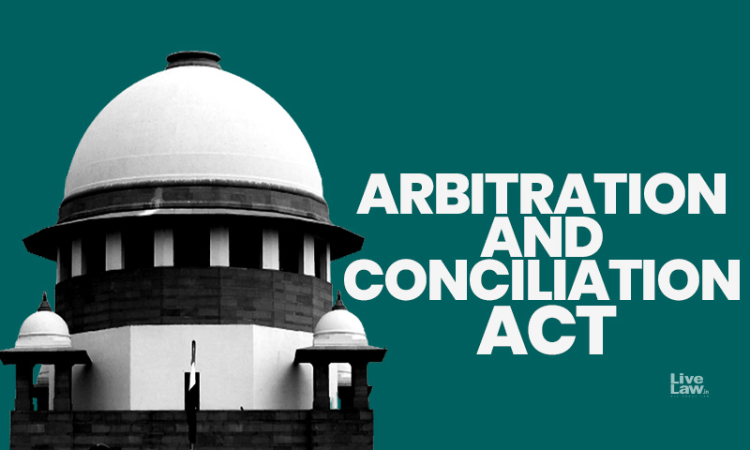Arbitrator Can Grant Post-Award Interest On The Interest Amount Awarded: Supreme Court
Ashok KM
7 Jan 2022 6:59 PM IST

Next Story
7 Jan 2022 6:59 PM IST
The Supreme Court observed that post-award interest can be granted by an Arbitrator on the interest amount awarded.In this case, in terms of the award dated 05th June, 2005, the Sole Arbitrator had awarded a sum of ₹26,08,89,107.35 in favour of UHL Power Company Limited towards expenses claimed along with pre-claim interest capitalized annually, on the expenses so incurred. Further,...
